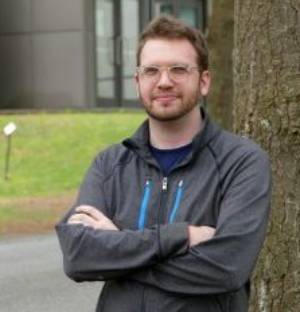In this video from FOSDEM 2020, Félix-Antoine Fortin from Compute Canada presents: Magic Castle: Terraforming the Cloud for HPC.
Compute Canada provides HPC infrastructures and support to every academic research institution in Canada. In recent years, Compute Canada has started distributing research software to its HPC clusters using with CERN software distribution service, CVMFS. This opened the possibility for accessing the software from almost any location and therefore allow the replication of the Compute Canada experience outside of its physical infrastructure. From these new possibilities emerged an open-source software project named Magic Castle, which aims to recreate the Compute Canada user experience in public clouds. Magic Castle uses the open-source software Terraform and HashiCorp Language (HCL) to define the virtual machines, volumes, and networks that are required to replicate a virtual HPC infrastructure. The infrastructure definition is packaged as a Terraform module that users can customize as they require. Once their cluster is deployed, the user is provided with a complete HPC cluster software environment including a Slurm scheduler, a Globus Endpoint, JupyterHub, LDAP, DNS, and over 3000 research software compiled by experts with EasyBuild. Magic Castle is compatible with AWS, Microsoft Azure, Google Cloud, OpenStack, and OVH.
Compute Canada staff has been using this software to deploy ephemeral clusters for training purposes every other week for the past two years. Magic Castle is also gaining in popularity with HPC cluster users for development, testing, and continuous integration. In this talk, we will give a live demonstration of the creation of a cluster. We will present the architecture of Magic Castle, explain infrastructure and provisioning design, and present use cases. We will conclude by describing some of the challenges experienced while developing this novel usage of Terraform.
Félix-Antoine Fortin completed a Master in Electrical Engineering on Computer Vision and Evolutionary Algorithms in 2010. He since works for the academic high performance computing consortia Calcul Québec and Compute Canada. His main interests are engineering systems and developing applications that push the limits of what can be done on HPC systems. He is a strong advocate of fast prototyping and open source software.





